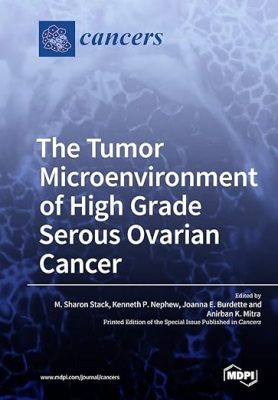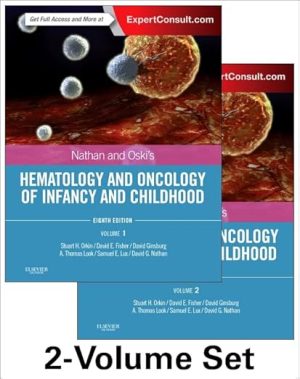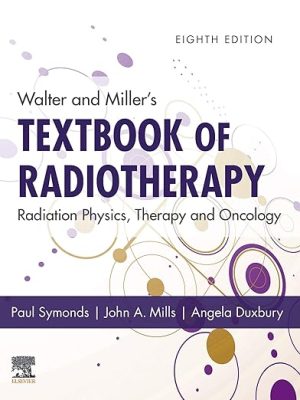Curbside Consultation in GI Cancer for the Gastroenterologist: 49 Clinical Questions (Curbside Consultation in Gastroenterology)
Are you looking for concise, practical answers to questions that are often left unanswered by traditional cancer references that are not designed for gastroenterologists? Are you seeking brief, evidence-based advice for complicated cases or patients with complications that need management? Curbside Consultation in GI Cancer for the Gastroenterologist: 49 Clinical Questions provides quick and direct answers to the thorny questions commonly posed during a “curbside consultation” between colleagues.
Dr. Douglas G. Adler has designed this unique reference, which offers expert advice, preferences, and opinions on tough clinical questions commonly associated with GI cancer. The unique Q&A format provides quick access to current information related to GI cancer with the simplicity of a conversation between two colleagues. Numerous images, diagrams, and references are included to enhance the text and to illustrate the treatment of GI cancer patients.
Curbside Consultation in GI Cancer for the Gastroenterologist: 49 Clinical Questions provides information basic enough for residents while also incorporating expert advice that even high-volume clinicians will appreciate. Gastroenterologists, fellows and residents in training, surgical attendings, and surgical residents will benefit from the user-friendly and casual format and the expert advice contained within.
Some of the questions that are answered:
• An 81-year-old man is found to have unresectable esophageal cancer and malignant dysphagia. Should he have a stent? A nasogastric feeding tube? A PEG tube?
• How is tumor-related bleeding from gastric cancers best approached?
• Do patients with pancreatic cancer and jaundice need to have an ERCP preoperatively?
• What is the role of ERCP and EUS in patients with suspected cholangiocarcinoma?
• Why are rectal cancers so different from colon cancers with regards to medical and surgical management?
Curbside Consultation in GI Cancer for the Gastroenterologist: 49 Clinical Questions illustrates how patients at different points in their treatment may go back and forth between specialists to receive coordination of care, and incorporates input from gastroenterologists, surgeons, radiologists, and oncologists. While providing up-to-date information, this book will help gastroenterologists to manage complex cancer-related issues and guide physicians through the maze of cancer-related treatments available.
Ideal for practicing gastroenterologists, gastroenterology fellows, surgeons, oncologists, residents, and medical students, Curbside Consultation in GI Cancer for the Gastroenterologist: 49 Clinical Questions is sure to benefit anyone caring for patients with gastrointestinal cancers.
DOWNLOAD THIS MEDICAL BOOK










